Information about Middle School
Middle School
The Middle School years form the critical transition period from students competent in the basics of reading, writing, and mathematics to students launched into more serious academic study. For Middle School students, our concentration is on maintaining and raising the standards of those basic tools learned earlier, becoming focused and independent as students, and getting an increased conceptual understanding of how academic subjects integrate and relate to real life. Additionally, specific courses and projects are designed to raise the students’ willingness and ability to draw conclusions and make judgments about the information they’re learning.

Forms vs. Grades
Delphi utilizes the concept of “Forms” rather than grade levels as a way of getting excellent results without forcing all students to move at exactly the same pace. We realize each student is an individual and needs to be addressed as such in his or her education. Thus, every Delphi student has an individualized program and may enroll in a Form at any time during the school year (space permitting). A student completes a Form upon accomplishing the requirements for graduation from that Form.
Though forms can be roughly equivalent to grade levels, it is possible for a younger student to move on to a higher Form once all requirements for the earlier Forms have been met. In this way, each student can get the full benefits from the curriculum and keep advancing as rapidly as he or she is maturing.
Students generally enter the Middle School at the age of twelve and graduate to high school by fourteen years of age. The Middle School is Forms 5, covering the equivalent of seventh and eighth grades.
Math, Science, Social Studies
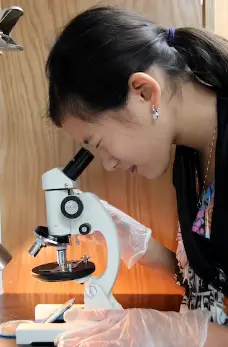
Mathematics and Technology
Focus in the Middle School is on introducing new mathematics concepts and on developing greater degrees of instant response to basic arithmetic calculations. Students work more independently and learn more theory behind formulas and calculations. In addition to reviewing and increasing proficiency in all previous mathematics, students also study Pre-Algebra and Algebra 1.
The students’ proficiency in instant response computational skills is developed and improved through Math Facts on the Computer (MFC), a self-run computerized program designed to achieve ever-increasing levels of instant response. Emphasis is on maintaining a high level of response on the four arithmetic operations through 12’s and conversions of fractions, percents, and decimals.
Geography, History, Government, and Current Events
Understanding the larger environment provides students with an important perspective on their academic studies and depends on the integration of the humanities, sciences, and social sciences. Emphasis in the Middle School is on comprehending people, places, and events in a greater global context.
Students become thoroughly familiar with U.S. geography.
Middle School history courses and seminars allow students to study the pasts of Ancient Egyptians all the way up to and including the Cold War and September 11th terrorist attacks, as well as explore patterns and motivations behind historical events.
Current Events Seminars are begun at this level, in which students participate in research and discussion on various current topics.
Sciences
Knowing how to research effectively—to pose theories, make clear observations and draw accurate conclusions—is addressed at this level. Science curriculum in the Middle School includes courses covering elementary Chemistry, Anatomy and Physiology, Microscopes and Lab Procedures, Simple Machines, and Electricity. Students choose other areas of interest from subjects ranging from a study of simple electromagnetic devices to solar energy and its applications to real life.
Middle School students participate in the school’s annual Science Fair and have an opportunity to advance to a regional competition. Projects focus on and are judged by investigative tools used, the students’ own understanding of the scientific phenomena represented, and the students’ initiative and responsibility demonstrated.
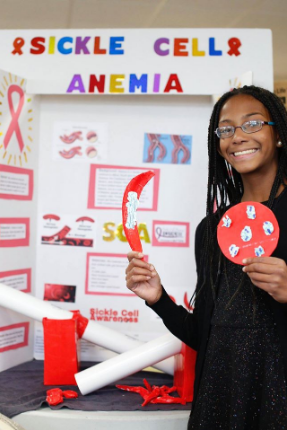
Humanities, Life Skills
Literature
Students work their way through an extensive reading program while in the Middle School, reading books of increasing difficulty from a list of fiction, historical fiction, biographies, autobiographies, and non-fiction. The books also integrate with the texts utilized in the history courses. Students will read an average of five to ten books per month, depending on length and complexity. Examples of books included are To Kill a Mockingbird, Ties that Bind, Ties that Break, Rifles for Watie, Tom Sawyer and Cry, the Beloved Country. Becoming more competent and more widely read are significant elements of the students’ daily routine.
Periodically, students will read aloud to the teacher to demonstrate reading skills and comprehension. One-on-one discussions develop interest and understanding of books read. Thought-provoking comprehension questions are answered in writing after every book.
Writing
Focus is on developing a strong writing discipline, including spelling and grammar, as well as a clear, concise expression of ideas.
Grammar and punctuation are mastered and demonstrated as students develop their formal writing skills. Research referencing and footnote techniques are covered as part of writing discipline. Students will write 2,000 words a month on a variety of subjects.
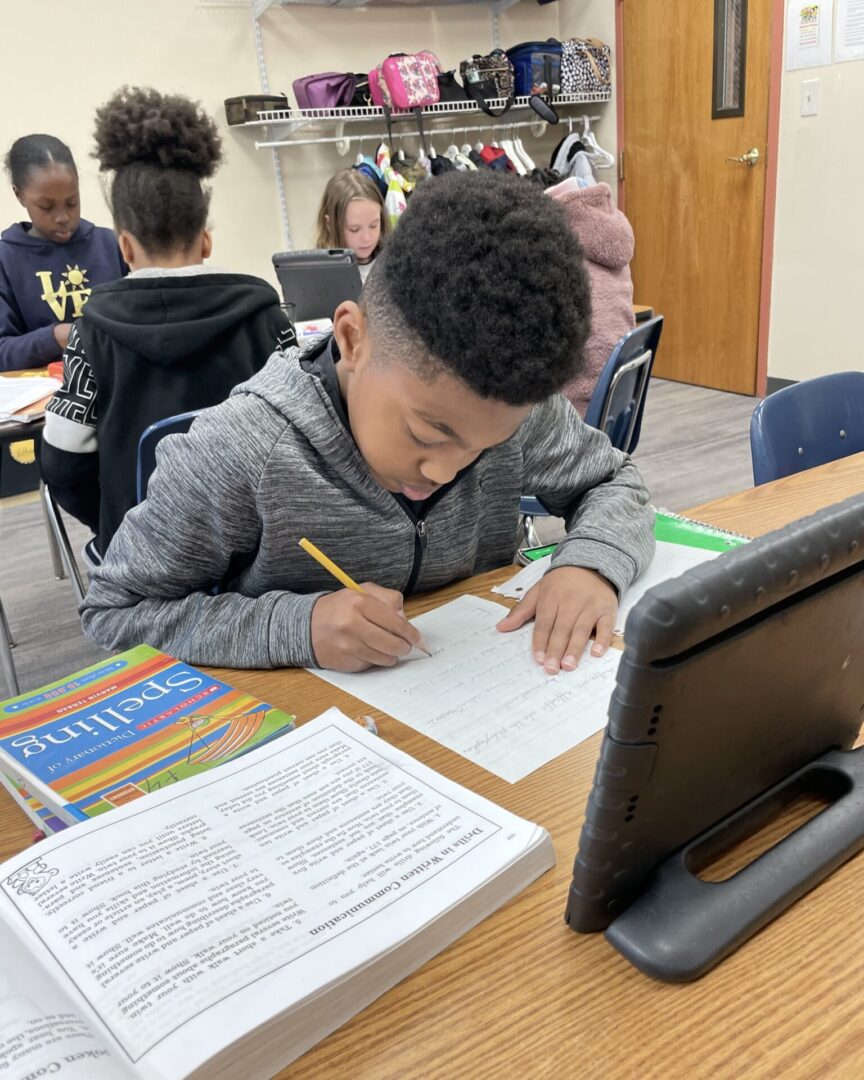
Life Skills, Ethics, and Integrity
Understanding the meaning of ethics, morals and their relationship to one’s life is an important element of the Middle School program. Health and first aid are also addressed.
Students will cover the following material in Middle School: Introduction to Manners, The Ethics Book, Money and Exchange, and will thoroughly review the Delphi Student & Parent Handbook.
Students will learn about the harmful effects of drugs, will become knowledgeable in nutrition through the Basics of Nutrition course, and will also learn first aid skills.
Students do a thorough study skills class at this level and become experts at being effective students and overcoming study barriers.
Practical Activities
There are practical requirements for Middle School students throughout their academic studies, providing them with important real-life experience in conducting experiments, making useful products, participating in activities that further enhance their understanding of the subjects taught, or in learning a new skill. Practical consists of both projects and skill development.
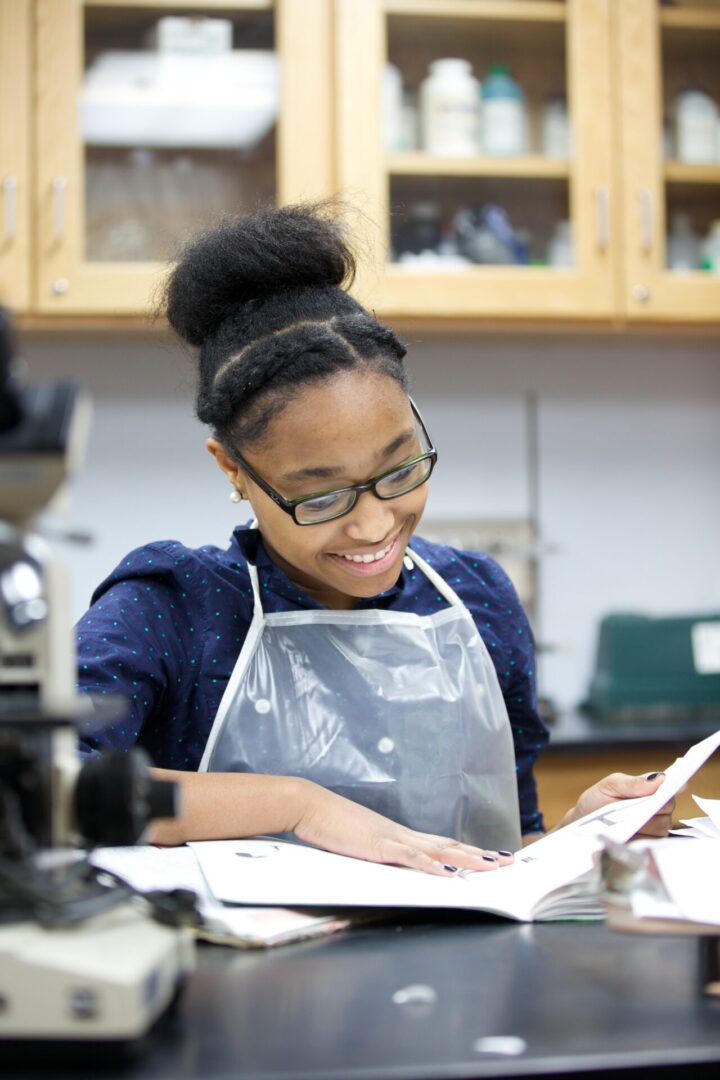
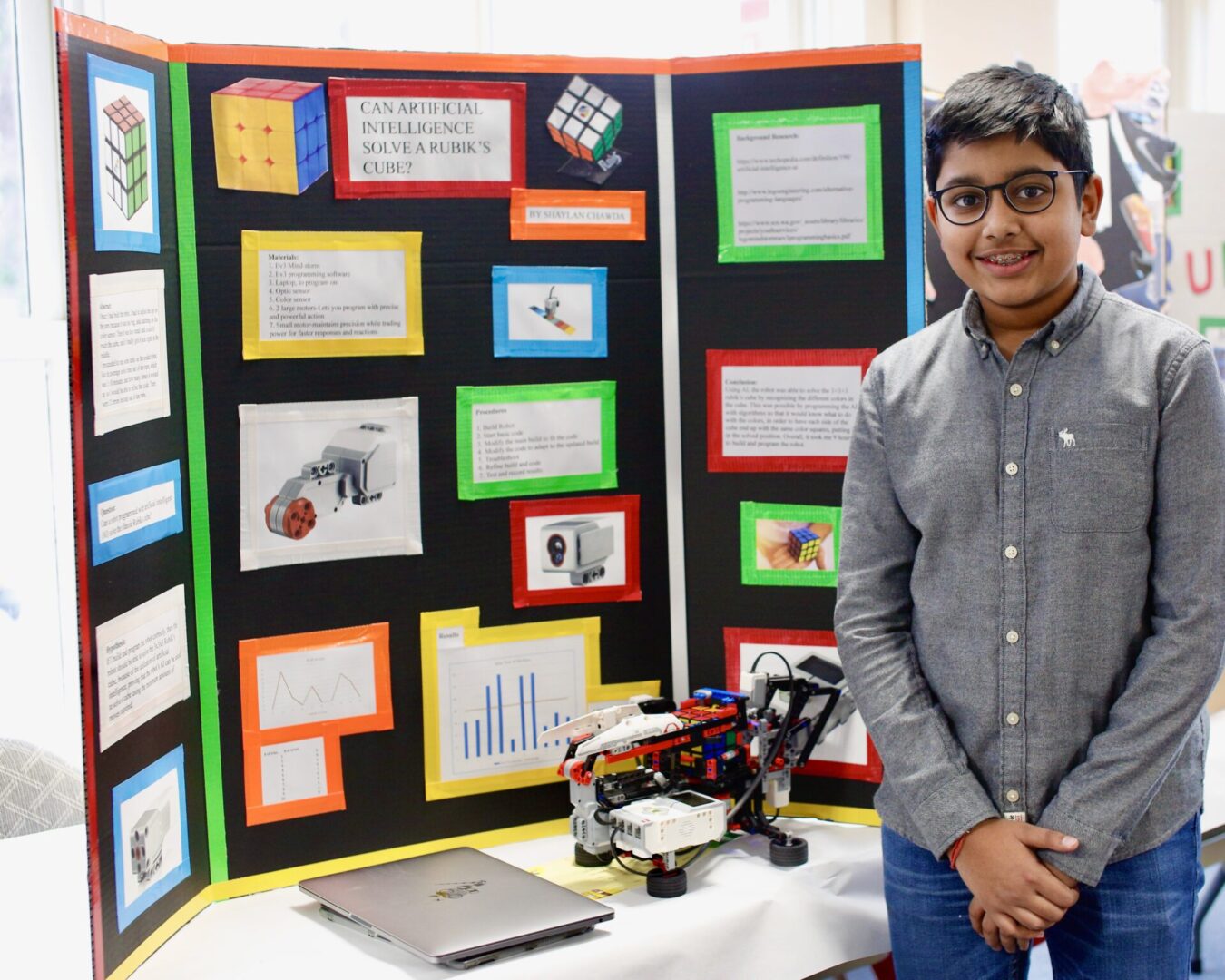
Projects
As part of the learning process, Middle School students will participate in a variety of practical projects. These may include running a simple business, participating in a community service project, working on a school newspaper, writing a short play, or learning to write computer code.
The Arts
Delphi Academy has an active arts program. Art and drama are offered periodically throughout the year and are considered an important part of the student’s education. We make it a point to display student artwork in as many places around the school as we can. Art and drama become electives at this point, so students are given an opportunity to advance themselves creatively in areas of their own interest.



Physical Education and Athletics
Delphi Academy provides daily physical education for students of all ages. Middle School students are taught the importance of being strong, healthy, and physically fit and are given the opportunity to exercise regularly.
Emphasis in physical education and athletics is on skill, discipline, hard work, team spirit, good sportsmanship, and fun. Our campus facilities include a fully equipped playground area, athletic field, and basketball hoops, as well as a multipurpose room that is used for gymnastics, dance, and other indoor physical activities.
Student Life
Be prepared for a schedule brimming with activity. From morning roll call to parents’ arrival, students are busy in the classroom, on field trips, on the sports field or involved in a variety of practical activities. Students will find it an atmosphere of both fun and challenge and will be invited to help create that atmosphere.

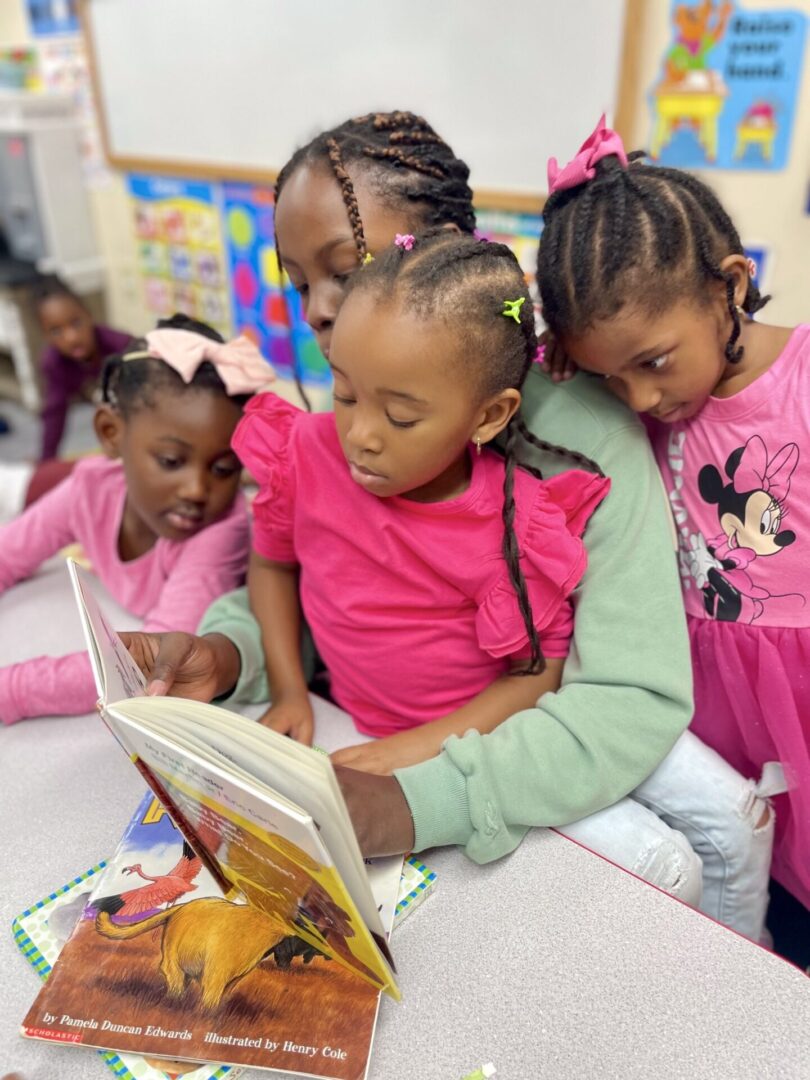
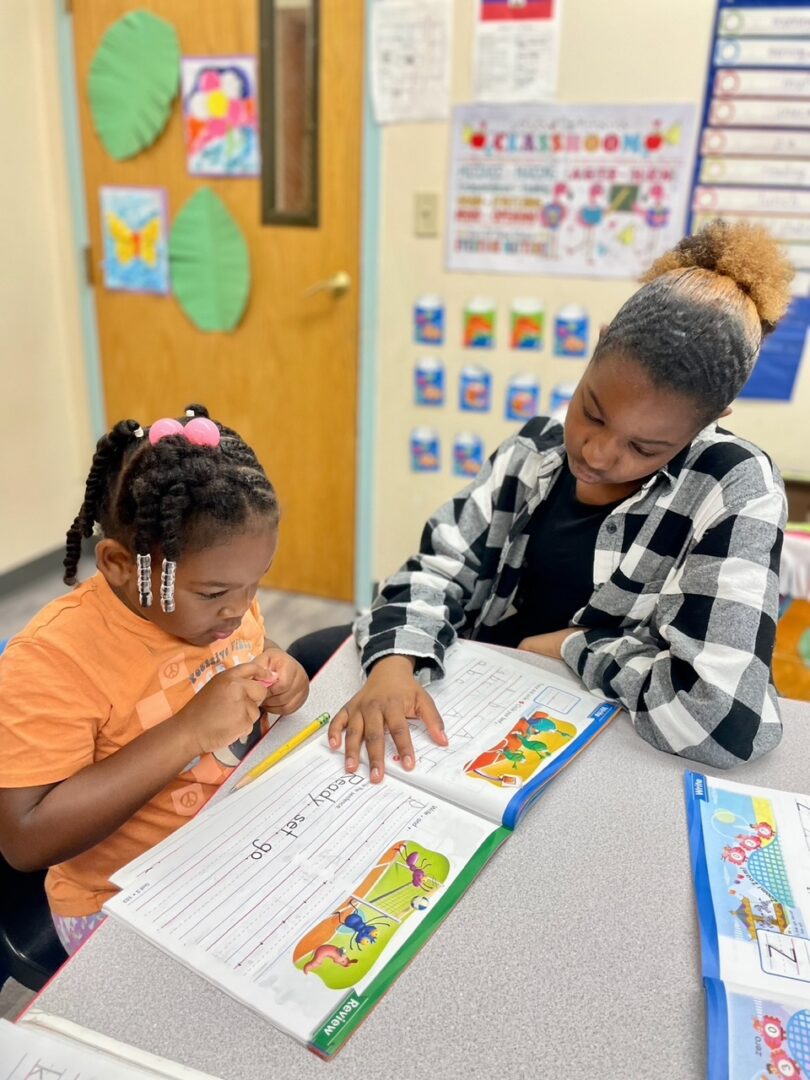
Student Services
All students age eleven and older participate in “Student Services,” a program of contribution to the operation and maintenance of the school. This not only helps the school run smoothly but also helps the students gain a greater appreciation and responsibility for the work involved and gives them experience in producing and exchanging as part of an organization. Students spend 60 minutes once a week assisting teachers (making copies, running messages, cleaning or reorganizing areas of the classroom, reading aloud to younger students, etc.).

